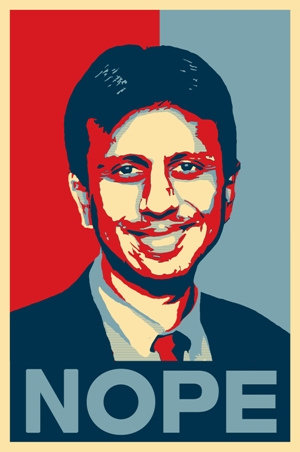
Surveillance Self-Defense (SSD) exists to answer two main questions: What can the government legally do to spy on your computer data and communications? And what can you legally do to protect yourself against such spying?
After an introductory discussion of how you should think about making security decisions — it's all about risk management — we'll be answering those two questions for three types of data:
First, we're going to talk about the threat to the data stored on your computer posed by searches and seizures by law enforcement, as well as subpoenas demanding your records.
Second, we're going to talk about the threat to your data on the wire — that is, your data as it's being transmitted — posed by wiretapping and other real-time surveillance of your telephone and Internet communications by law enforcement.
Third, we're going to describe the information about you that is stored by third parties like your phone company and your Internet service provider, and how law enforcement officials can get it.
In each of these three sections, we're going to give you practical advice about how to protect your private data against law enforcement agents.
In a fourth section, we'll also provide some basic information about the U.S. government's expanded legal authority when it comes to foreign intelligence and terrorism investigations.
Finally, we've collected several articles about specific defensive technologies that you can use to protect your privacy, which are linked to from the other sections or can be accessed individually. So, for example, if you're only looking for information about how to securely delete your files, or how to use encryption to protect the privacy of your emails or instant messages, you can just directly visit that article.


 In his big non–State of the Union address on Tuesday, Obama pledged that health-care reform couldn't wait another year. And based on the budget he's submitting to Congress today, it's clear he wasn't joking around — it includes $634 billion over ten years as a down payment toward creating a universal-health-care system. The details of the new system will be worked out with Congress later on, but Obama does spell out how he'll pay for this vast reserve fund: Half will come from savings on government spending on Medicare, Medicaid, and other health-care costs, and the other half from tax increases on those making $250,000 or over a year. That provision, not surprisingly, will be unpopular with a lot of people, but you can't make a health-care omelette without breaking some eggs.
In his big non–State of the Union address on Tuesday, Obama pledged that health-care reform couldn't wait another year. And based on the budget he's submitting to Congress today, it's clear he wasn't joking around — it includes $634 billion over ten years as a down payment toward creating a universal-health-care system. The details of the new system will be worked out with Congress later on, but Obama does spell out how he'll pay for this vast reserve fund: Half will come from savings on government spending on Medicare, Medicaid, and other health-care costs, and the other half from tax increases on those making $250,000 or over a year. That provision, not surprisingly, will be unpopular with a lot of people, but you can't make a health-care omelette without breaking some eggs. 













